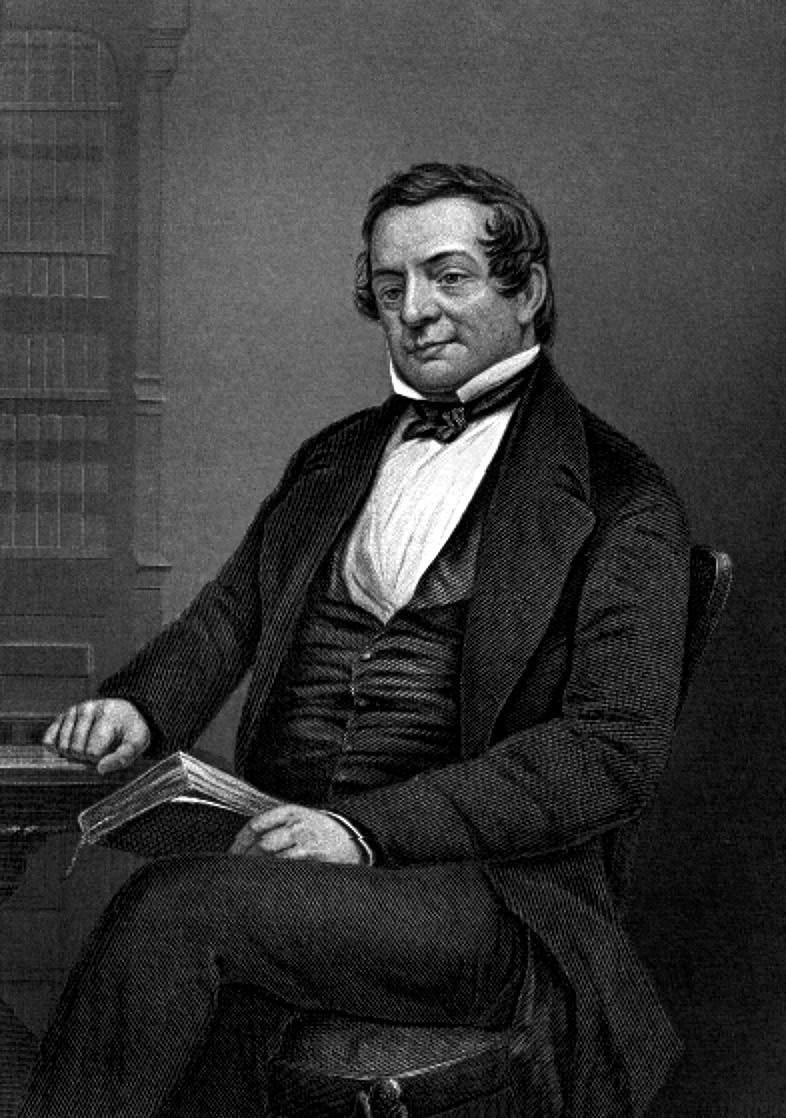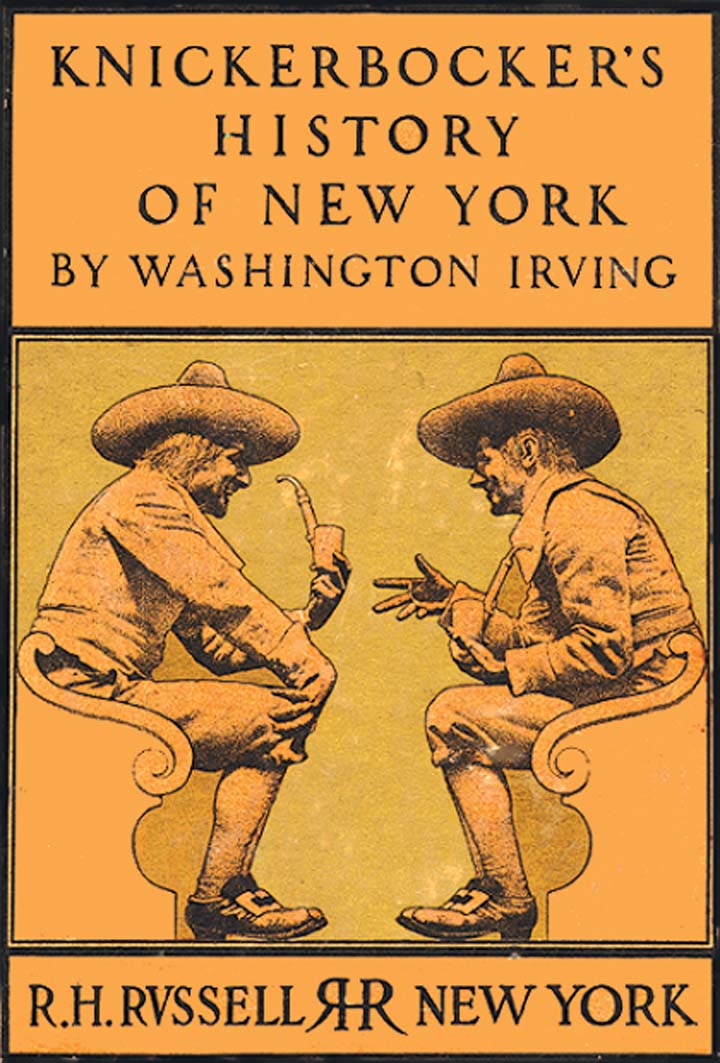From the Pen of Washington Irving
Best known for his classic short stories “The Legend of Sleepy Hollow” and “Rip Van Winkle,” Washington Irving was America’s first man of letters. Being the first American writer to gain a European audience, Irving elevated not only his professional stature but that of American literature. His position allowed Irving to advocate for emerging authors, such as future heavyweights Nathaniel Hawthorne and Herman Melville, and to agitate for strong copyright laws to protect authors’ work and livelihood.

Washington Irving (Courtesy of Wikimedia Commons)
Aside from his contributions to American literature and culture, Washington Irving has a connection to Jersey City. Irving was fascinated with the former Dutch settlement of Communipaw and he visited it numerous times to absorb its authentic environment and its then decidedly non-English population.
In his mock-satirical A History of New York, Irving described Communipaw as “the egg from whence was hatched the mighty city of New York!”
Many longtime residents of Jersey City share this sentiment.

R. H. Russell 1st ed., 1900. Cover and illustrations by Maxfield Parish.
Irving presented Communipaw as a quaint locale:
“Communipaw is at present but a small village, pleasantly situated among rural scenery, on that beauteous part of the Jersey shore which was known in ancient legends by the name of Pavonia, and commands a grand prospect of the superb bay of New York. It is within but half an hour’s sail of the latter place, provided you have a fair wind, and may be distinctly seen from the city.” (Washington Irving, A History of New York in History, Tales and Sketches, New York: Library of America, 1983: 437)
Irving saved his sarcasm for the parochialism and insularity often characterizing village or small-town life:
“As to the honest burghers of Communipaw, like wise men and sound philosophers, they never look beyond their pipes, nor trouble their heads about any affairs out of their immediate neighborhood; so that they live in profound and enviable ignorance of all the troubles, anxieties, and revolutions of this distracted planet. I am even told that many among them do verily believe that Holland, of which they have heard so much from tradition, is situated somewhere on Long Island; that Spiking-devil and the Narrows are the two ends of the world; that the country is still under the dominion of their High Mightinesses, and that the city of New York still goes by the name of Nieuw Amsterdam.”
(Washington Irving, A History of New York in History, Tales and Sketches, New York: Library of America, 1983: 438)
Jokes and witticism aside, Irving’s pen captured a bright, liminal moment in local history, when Jersey City left its colonial past yet still resisted the forces of Federalist America.
Irving held a genuine fondness for Communipaw and used it for a setting in a later short story.
We’ll consider that work in a future post. Until then, visit your local bookstore or library and treat yourself to the writings of Washington Irving. There are far worse ways to spend a summer afternoon.
Hello mate ggreat blog